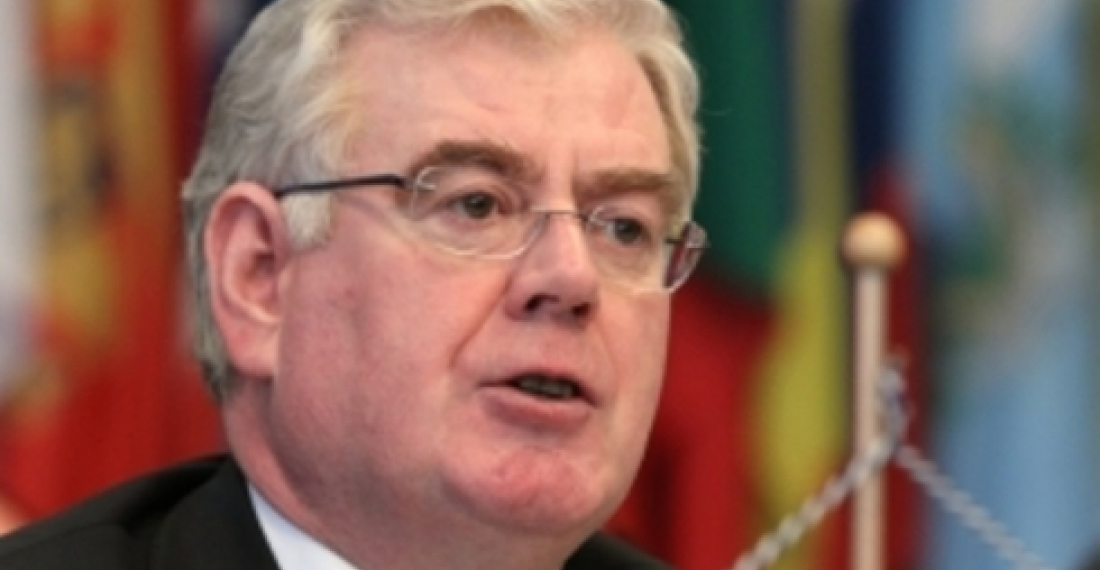The Chairman-in-Office, of the Organisation for Security and Co-operation in Europe (OSCE) is in the Caucasus at the start of a three day visit which will see him visiting Armenia, Georgia and Azerbaijan. Eamon Gilmore, who is Deputy Prime Minister and Minister of Foreign Affairs of Ireland will meet with the leadership of the three countries, as well as with representatives of political parties and civil society. On the agenda in all three countries is a range of issues, including the settlement of the unresolved conflicts and issues related to governance and democratisation.
The visit however comes amidst concerns that the OSCE has become increasingly irrelevant for the region. Once the primary international organisation in the South Caucasus, its role has in recent years suffered a number of setbacks. In 2008 the organisation failed to prevent the crisis in South Ossetia which led to the short war between Georgia and Russia. The OSCE was the lead international organisation mandated to work on that conflict. The organisation is also seen as having been marginalised by the Minsk Process facilitating the Nagorno-Karabakh conflict settlement process, which nominally it is responsible for. The three co-Chair countries of the Minsk Process - Russia, France and the US report selectively to the OSCE Permanent Council in Vienna.
Following the 2008 Georgia-Russia War, the Russian government vetoed the mandate of the OSCE Mission in Georgia, and the Mission subsequently had to close down. This was one of the earliest and most active missions and its closure is a setback from which the organisation has not recovered properly.
There are also increasing concerns about the way the OSCE conducts its monitoring of elections. With important elections on the horizon in all three South Caucasus countries there is an increasing demand for the OSCE to get its act together and ensure that it holds the three governments to their committments of OSCE principals and practises.
Ireland, which holds the Chairmanship for the current year has good intentions on all these issues, but its government has to deal with a raft of domestic problems as a result of the international economic crisis, so its potential to focus on OSCE matters is limited. It is however expected that Eamon Gilmore will be forceful in his conversations with the leaders of the three countries, and his visit should help focus attention on important and pressing issues in the region
source: commonspace.eu
photo: OSCE Chairman-in-Office, Irish Foreign Minister Eamon Gilmore (picture courtesy of the OSCE)







